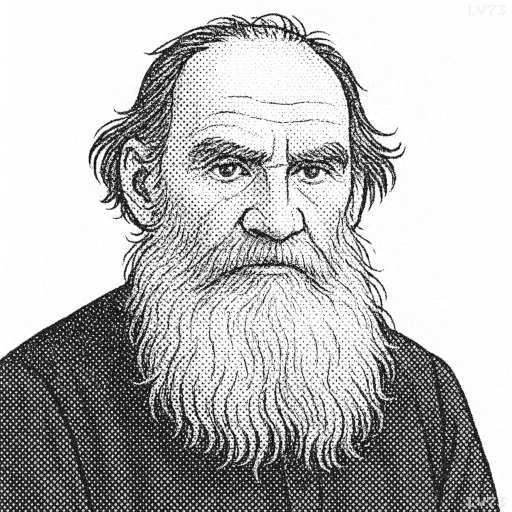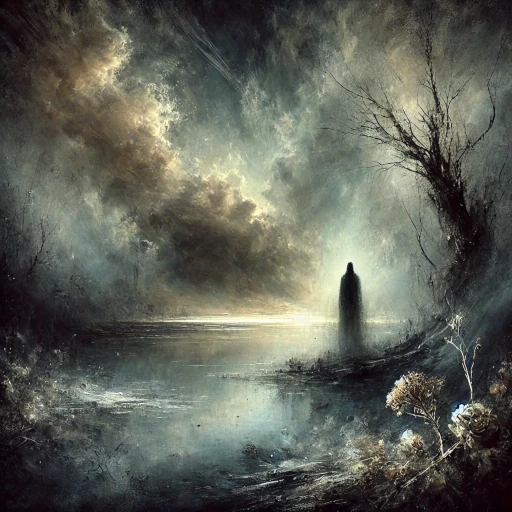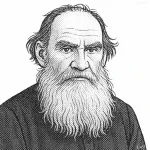“All violence consists in some people forcing others, under threat of suffering or death, to do what they do not want to do.”

- September 9, 1828 – November 20, 1910
- Born in Russia
- Writer, philosopher
table of contents
Quote
“All violence consists in some people forcing others, under threat of suffering or death, to do what they do not want to do.”
Explanation
In this quote, Leo Tolstoy defines violence as the act of forcing someone to act against their will, typically through the threat of harm or death. He emphasizes that violence is not just physical; it includes any form of coercion where one group or individual uses power, fear, or intimidation to control the actions of others. For Tolstoy, true violence is rooted in the suppression of personal freedom, whether through direct physical force or through psychological threats. This perspective aligns with his broader philosophy of nonviolence, where he argued that all forms of coercion and domination are inherently immoral and unjust.
This idea resonates strongly in modern society, where violence can manifest not only in physical forms like war or police brutality but also in systemic oppression, economic exploitation, and psychological manipulation. Tolstoy’s critique challenges us to consider that violence is not limited to physical aggression but extends to any social or political structure that forces individuals to act against their conscience or best interests. For example, social inequalities, authoritarian regimes, or corporate exploitation can all be seen as forms of violence, as they often compel people to do things they do not want to do, under threat of suffering.
Tolstoy’s commitment to nonviolent resistance and spiritual integrity was central to his life and writings, especially later in life when he rejected the conventional authority of both the state and the church. He believed that true moral action requires an individual to act according to their conscience, without resorting to coercion or force. This quote reflects his larger philosophical rejection of any systems of power that rely on force or fear to control people, encouraging a peaceful, morally grounded existence based on mutual respect and freedom.
Would you like to share your impressions or related stories about this quote in the comments section?



